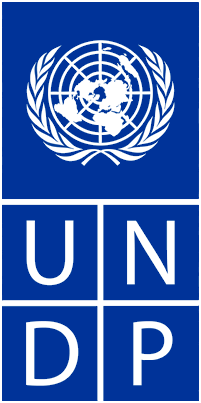Community / Land projects / Land Conversion, Social Impacts, and Legal Remedies: Understanding the Role of Community Paralegals in Address
Land Conversion, Social Impacts, and Legal Remedies: Understanding the Role of Community Paralegals in Address

€354185.346
02/15 - 06/18
Завершено
This project is part of
Implementing Organisations
Donors
Data Providers
General
This project addresses the ongoing critical development challenge of changes in land use in Indonesia, Burma (Myanmar), and India. It will generate knowledge and an evidence-driven intervention strategy to help people gain more security over the land and natural resources they rely on for their livelihoods and survival. Industrial projects, large-scale agriculture Since the 1990s, successive governments of growing Asian economies have promoted trade and industrial expansion as critical drivers for economic stability and growth. This focus has led to rural and peri-urban landscapes being transformed by industrial projects, infrastructure, and large-scale agriculture. For people who depended on the land, these transformations have resulted in serious social and ecological impacts: -direct physical displacement and dispossession -loss of livelihoods -pollution or land degradation Legal rights remain unprotected There are very few easily accessible remedies to address the impacts of land use change. While regulations to minimize and mitigate damage exist, implementation is poor. There is widespread non-compliance to regulations. Administrative agencies are ineffective at responding to local community needs and integrating them into policy or legal designs. Laws are also ineffective. They serve as a threat, but not something that people can use to exercise their basic rights. Lawyers are costly, and often focused on formal court channels that are impractical for most people The UN Commission on Legal Empowerment estimates that four billion people cannot exercise their legal rights because of costs, dysfunction, corruption, or abuse of power. There is a recognized need for intermediary institutions, such as media, political parties, and unions that help citizens exercise their rights. Community paralegals as a solution Community paralegals also offer an effective solution. They are attracting increasing attention from international organizations, including the UN Commission on Legal Empowerment, for being cost-effective, flexible, and able to manage plural legal systems. They are especially noted for their effectiveness in dealing with land rights disputes in many countries, including several in Africa. This project will map land use changes in Indonesia, Burma, and India. Researchers will study how community paralegals can -collect rigorous data on impacts of land use change -translate impacts into legally actionable evidence -help affected communities seek remedies through formal administrative and legal institutions closest to the point of impact The project team will use conduct locally grounded research that identifies workable solutions to reduce the adverse effects of land use change on communities. The research will advance knowledge, inform evidence-based policy, and build evidence to promote responsible land governance.




